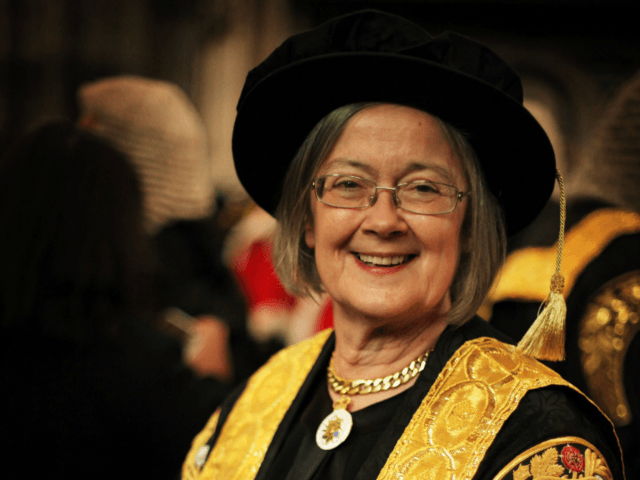Britain’s top judge has referenced medieval Quranic sources and “sharia law” to justify asking Muslim women to remove the full-face veil and burqa at some points in court.
Women giving evidence in court should show their face to some people, but could remain covered during the trial, Baroness Hale of Richmond, the president of the Supreme Court, said.
She made the comments during the ‘Sultan Azlan Shah lecture’ at the Oxford Centre For Islamic Studies, which is supported by 12 Muslim and Islamist states and has taken more than two million pounds off the Saudi Arabian royal family.
The speech, on “religious dress” in the workplace and educational institutions, argued that “in many cases headscarves… could be readily accommodated with a degree of flexibility on all sides.”
However, in her address, made in January but published this Tuesday, she also said: “The ingredients of a fair trial should be the same for all, regardless of their religious or other beliefs.
“We do take it for granted in this country that observing a person’s facial expressions, body language and general demeanour are an important part of assessing their credibility.
“The Koranic sources mentioned earlier seem to share that view.”
The Baroness added: “And our adversarial trial system depends crucially on testing a witness’s evidence through cross-examination – I suspect that most advocates would find it difficult to imagine how one would cross-examine a witness whose face one could not see.”
Earlier, she had mentioned “two sources which state that it is not contrary to Sharia law for a woman to uncover her face when she is giving testimony in court or for a male Magistrate or Judge to look at her in order to identify who she is, to make assessments as to her credibility where this is an issue and to protect the rights of all concerned”.
One source was a note from the Australian National Imams Council, citing several Islamic texts in support, and one was by a 14th-century Sunni scholar.
There are currently no clear guidelines on veiling in UK courts, as the former lord chief justice has said the issue “is not a problem”.
The UK’s former President of the Supreme Court, Lord Neuberger, argued in 2015 that veils should be allowed because it is important for courts and judges to “show and be seen to show” respect and understand of “different cultural and social habits”.

COMMENTS
Please let us know if you're having issues with commenting.